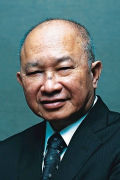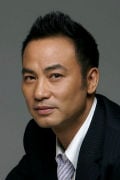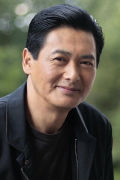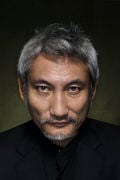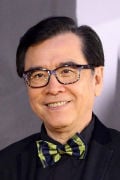Intro"Crossings: John Woo" is a 2004 documentary that discovers the life and also occupation of John Woo, a very influential Hong Kong movie supervisor known for his unique style of activity cinema. The documentary offers a thorough look at Woo's growth as a filmmaker and also his effect on both Hong Kong and Hollywood film industries.
Early Life and Career of John WooThe documentary starts by delving right into Woo's early life and also career. Born in 1946 in Guangzhou, China, he later transferred to Hong Kong with his family members during the Chinese Civil War. Woo dealt with different challenges while maturing, such as residing in hardship and also experiencing violence in his area. These experiences shaped his first passion in filmmaking.
Woo began his movie job as an assistant director, working with martial arts and also funny films in the late 1960s and also early 1970s. He later on made his directorial debut in 1974 with the kung fu motion picture "The Young Dragons". Woo's very early movies were greatly influenced by Chinese opera and various other conventional art types, which laid the foundation for his iconic style.
Breakthrough and Impact on Hong Kong CinemaThe docudrama highlights John Woo's advancement right into mainstream Hong Kong movie theater with the 1986 film "A Better Tomorrow". The movie was a large commercial success and catapulted Woo to popularity in the film industry. "A Better Tomorrow" marked a departure from typical activity films and also promoted the "heroic bloodshed" category, characterized by intense gunplay, stylistic slow-motion sequences, and also dynamic electronic camera angles. Woo's ingenious filmmaking strategies as well as fresh approach to the action category captivated target markets as well as influenced a new generation of filmmakers.
Complying with the success of "A Better Tomorrow", Woo routed several other critically acclaimed films, consisting of "The Killer" (1989) and also "Hard Boiled" (1992). These movies additionally strengthened his online reputation and established him as a leader in the Hong Kong activity movie theater.
Transition to HollywoodIn the mid-1990s, Woo made a significant change to Hollywood, a relocation that gathered combined results. His initial American movie, "Hard Target" (1993), encountered a number of difficulties, such as studio disturbance and also the censorship of violence. In spite of these barriers, Woo continued to make movies in the United States, scoring a box-office hit with "Broken Arrow" (1996).
The docudrama after that reviews Woo's most significant Hollywood success, "Face/Off" (1997). This movie, starring John Travolta and Nicolas Cage, was both an important and industrial success, generating greater than $240 million around the world. "Face/Off" efficiently showed Woo's distinct visual style and also narration capacities to a wider audience, solidifying his status as a global filmmaker.
John Woo's Influence on Cinema"Crossings: John Woo" concludes by checking out the long lasting impact of Woo's work on both Hong Kong and also Hollywood movie markets. The docudrama credit ratings Woo with changing action movie theater and presenting a brand-new generation of filmmakers to a fresh technique to storytelling, characterized by creative style and also ingenious methods.
Film movie critics and sector experts included in the documentary review Woo's impact on various filmmakers, mentioning examples such as Quentin Tarantino's "Reservoir Dogs" (1992) and also "Kill Bill" (2003), in addition to Robert Rodriguez's "Desperado" (1995). These movies show clear impacts from Woo's Hong Kong films, highlighting his extensive influence on movie theater.
Final thought"Crossings: John Woo" is an useful as well as engaging documentary that supplies an extensive check out the life and career of one of the most prominent activity movie supervisors in background. From his modest beginnings in Hong Kong to his challenging transition to Hollywood, the docudrama showcases Woo's innovative journey and also long-term effect on the movie sector. With an outstanding repertoire of iconic films, John Woo's unique vision has actually left an indelible mark on movie theater, motivating plenty of filmmakers as well as fascinating audiences worldwide.
Top Cast
